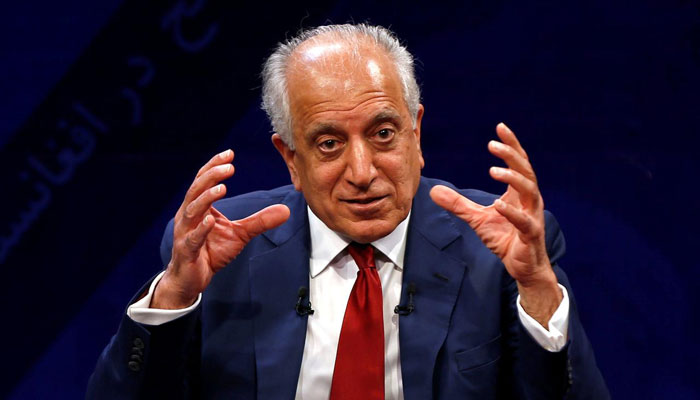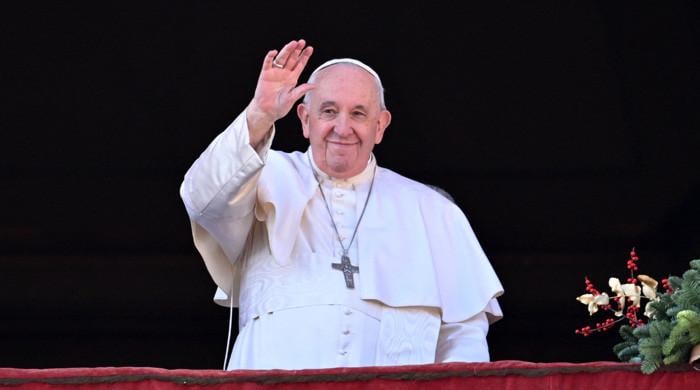Pakistan understands impact of civil war in Afghanistan: US envoy Zalmay Khalilzad
US envoy Zalmay Khalilzad defends Afghan peace chances as violence rises, Washington starts withdrawing troops
April 28, 2021

- Peace is still possible in Afghanistan, says US envoy Zalmay Khalilzad.
- Khalilzad speaks to US Senate Foreign Relations Committee at panel’s first public hearing on administration’s Afghanistan policy since US President Joe Biden announced plans to withdraw troops by September 11.
- Says US is helping Kabul government find contractors to replace departing American ones.
US special envoy for Afghanistan Reconciliation Zalmay Khalilzad believes Pakistan understands the impact of civil war in Afghanistan.
He has said that he believes peace is still possible in Afghanistan as Washington has started to withdraw its remaining troops from the country.
Khalilzad was speaking to the US Senate Foreign Relations Committee at the panel’s first public hearing on the administration’s Afghanistan policy since US President Joe Biden announced plans to withdraw troops by September 11 after two decades of war.
Read more: Afghanistan, Pakistan and Turkish ministers discuss Afghan peace prospects
"Pakistan's leaders have emphasized publicly and to US officials that they do not support a military takeover by the Taliban. I believe they understand that not only Afghanistan, but their country too will face grave consequences in the event of a return to a wider civil war," Khalilzad said.
Keeping US forces in Afghanistan did not make sense as the conflict could not be solved by continued fighting, Khalilzad said, adding that the US is helping the Kabul government find contractors to replace the departing American ones.
"The Afghans ... with our help are looking for others to be able to provide that service to them," Khalilzad told the Senate Foreign Relations Committee. "We're obviously very sympathetic to them to find alternatives."
The February 2020 deal reached by the Trump administration with the Taliban required the departures by May 1 of all US troops and non-diplomatic civilian personnel, including US contractors.
Read more: US envoy Zalmay Khalilzad meets Afghan Taliban in Doha
Biden delayed the pullout while his administration reviewed the agreement and Afghanistan policy.
He decided earlier this month to begin the withdrawal and complete it by September 11, the anniversary of al Qaeda's 2001 attacks on the United States that triggered the US-led invasion that year.
The departure of thousands of American contractors, especially those serving the Afghan security forces, has raised concerns among some US officials about the ability of the Afghan government and military to sustain critical functions.
With additional input from Reuters












